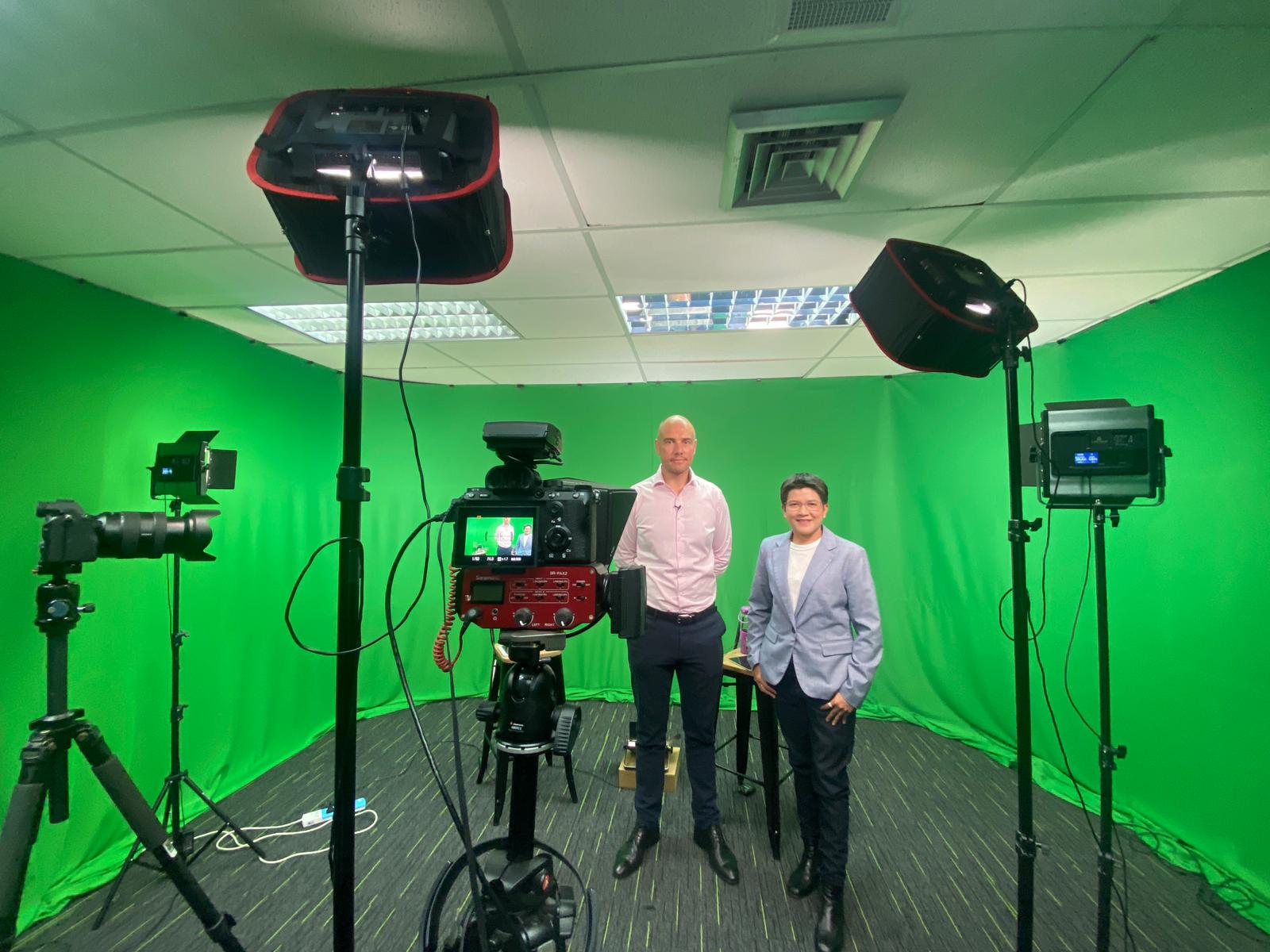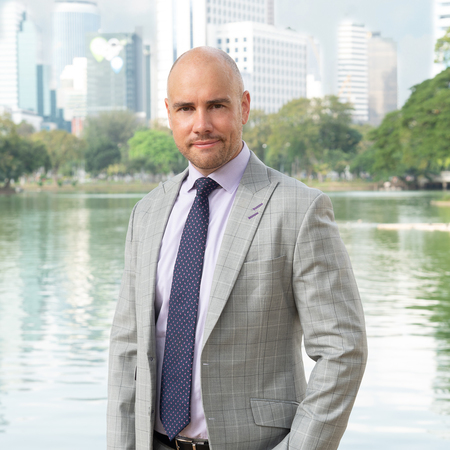I recently had an insightful conversation with Chanya Rodrakquan, the VP of Manufacturing / General Manager for a leading global food service company. We talked about her career and her experiences as a female leader – including her management style, the latest trends in Southeast Asia’s food industry, and more. The full text of our conversation is below, edited for clarity and style.
Can you give us a brief overview of your career so far and how you came to your position at a leading global food service company?
I started my career from the other end of the value chain, almost 30 years ago. I was a direct marketing executive at one of the worldwide advertising agencies. Later I became a marketeer at a number of leading international FMCG businesses, for food and non-food items. All in all, I have around 15 years of experience in marketing. In 2012 I became a general manager for the first time, which gave me the opportunity to take care of the entire end to end business, including manufacturing as well as the domestic and regional supply chain. So I’ve made it all the way to the other side of the value chain, and I’ve been working here at the factory for almost 10 years.
Manufacturing today is still very male-dominated. What is it like being a woman in a leadership role in your industry?
I think, James, you know this industry well. From my own experience, I guess there are only a few women in prominent roles. I remember attending a regional manufacturing seminar a couple of years ago, where I could see folks at the very top of both government and the private sector. I think it was less than 5% female.
Do you think we’ll see more women in leadership roles in the coming years? And, if so, will this have a positive impact on the organisations that promote more women, as well as helping to change the sector as a whole?
I agree with what you are saying. The trend is growing, and the impact on each organisation will be very positive. Today, the world really has no boundaries – especially over the past 2 years, because of Covid-19. Work from home has become the new normal, which means that leaders will need a new kind of skill set. Sometimes, it’s early morning for you but it’s late night for them. You must be able to communicate well and inspire your team, without sitting together in the same meeting room. You need to pay attention to detail, in order to sense how your colleagues are thinking. This means observing their tone of voice, the choice of words they use, and so on. People will see that gender diversification in the organisation can lead to great teamwork.
You’ve been involved with the United Nations Girls Education Initiative. Can you tell us a little bit about the initiative, your involvement in it, and why education is so important, especially for girls?
The head of UNGEI connected with me at a networking event, so we had already known each other. Her idea was to select 8-10 women across various professions in Thailand, and have them share their experiences through an interview. They made a book and a nice poster, and held an exhibition at Central World for a few weeks. The purpose was to let children, especially girls, realise the importance of education. The hope was for this message to inspire young people to stay in school and not drop out.
I was one of the women on the poster. I personally support their message and I’m glad I was part of this inspirational initiative. It’s normal to face challenges in life when you’re young, but you have to remember that everyone born into this world has value. You must respect the life you are given, and try your best to be happy, and add value to the society and the world you live in.
What advice can you give to young professionals – both women and men – who are starting their careers? How can they eventually move into leadership roles and how can they prepare themselves to succeed in those roles?
Start with the dream, then choose a path you love which can support yourself to reach your dream. Allow yourself to make mistakes sometimes, but it’s important to learn from them. Be confident, because sometimes you will need to work on something new where you don’t have any experience. Don’t worry, just go for it. Connect with people around you – your peers, your boss, your team … you can learn from all of them. As a senior manager once taught me: “Always sees the glass half full”, ready to learn more lessons.
Looking back at your career, can you pinpoint a time when you first noticed an emphasis on diversity and inclusion around you?
The obvious one was when I worked as a regional brand director based in Singapore. I had 7 nationalities on my team, including American, British, Japanese, Spanish, Singaporean … it was about 40/60 male to female.
Have you had a mentor in your career? And do you see the value in mentoring people?
I am quite fortunate in this area, as one of the companies I worked for assigned me an Executive Coach. She stayed with me during all of my work time for 6 months. She was like a mentor, giving me a coaching and guidance – I learned a lot from her. Recently, I’ve also had a CPO (Chief People Officer) as my mentor.
Shifting gears a little bit: What are some of the biggest challenges that Southeast Asia’s food retail industry is facing right now?
Of course, this new normal has come about from the spread of Covid 19. People now work from home, and eat at home. The home appliance / cooking equipment market saw double digit growth, even considering the limited supply. Not all of us can cook, but people must learn, and it’s our job to help them. We need to adjust pack sizes and portions to serve their needs. Easy and convenient meals are getting more popular. And then there is delivery – just go to Sukhumvit Road, and count how many food delivery motorbikes you see in a 500-metre space. Many food aggregators can be found up-country as well.
How can those challenges be overcome?
Many manufacturers are coming up with new types of small pack sizes. Some production lines that mainly serve the food service industry (B2B) now must come up with more consumer packs and products (B2C) to serve the increasing market for in-home dining.










